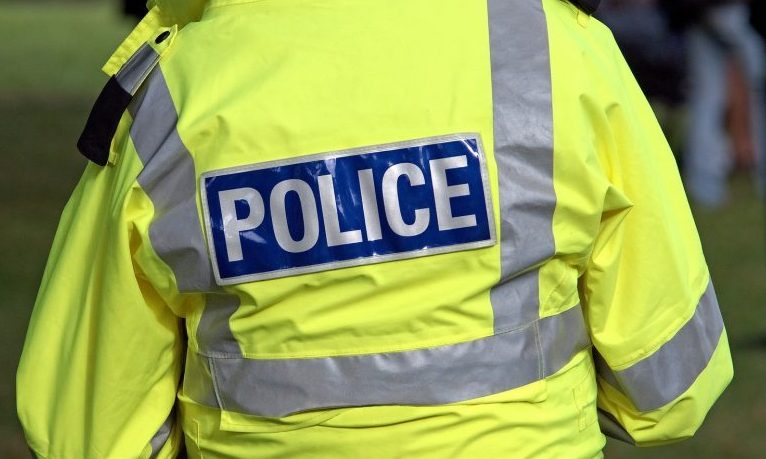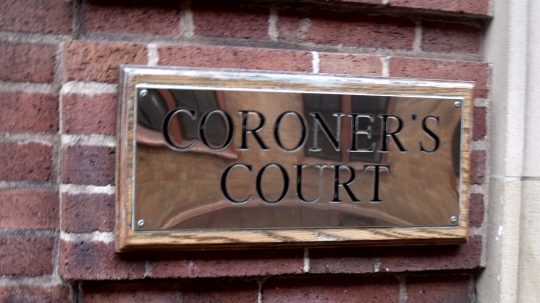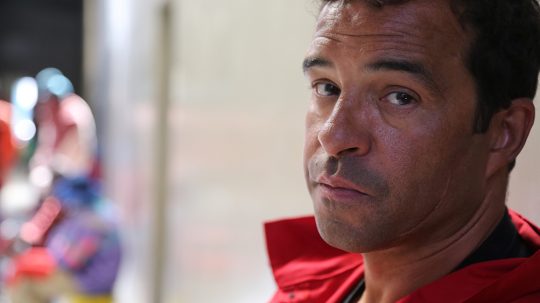A recent exhibition in Brixton, London, focussed the lens on deaths in state custody and care. SoulsINQUEST was created in conjunction with families bereaved by deaths in police contact, prisons, mental health and care units. Seventeen families from different backgrounds have come together to focus the lens on such deaths in state custody and care. The exhibition closed on 28 May 2023.
An embodiment of family resistance
SoulsINQUEST uses photography and writing as a lens onto state violence, death, grief and resistance. It is an embodiment of a family resistance that refuses to be silenced, misrepresented or forgotten. The exhibition is a collaboration between bereaved families, photographer Sarah Booker and the charity INQUEST, and has been curated by Languid Hands.
These 17 families include those whose family members have died recently or historically, some in the past five years and some dating back to the 1990s.
The people whose stories feature died in police contact following restraint or shootings, as well as in mental health or care settings, such as the much criticised Priory and Essex mental health services, or in prisons including Woodhill or while under a controversial IPP sentence.
Their families, whose portraits also make up part of the exhibition, have been at the forefront of the fight for justice and change.
Together in solidarity and power for our loved ones
Anna Susianta, SoulsINQUEST participant and member of the Family Reference group who started the project, said: “SoulsINQUEST gave us the opportunity to share our stories in a new way, as a collective. We focused on the love our lost ones spread in their shortened lives, to counteract the continuing impact of pain in our own lives. So, we paused in our fight for justice and reminded ourselves of our dear family member no longer here.”
Susianta added: “People should come to see SoulsINQUEST to learn about how our loved ones died, and to see what strength and love we have gained as a group from making and sharing visual memories in tribute to those loved ones.”
Describing the creative process, Susianta stated: “It has been a cathartic experience to describe the character of our loved ones to each other, in talking and using photography, as well as the manner of their death using writing.”
“I have felt energised and found solace through this creative process. Bereavement isolates you and can destroy your life, but SoulsINQUEST brought us together in solidarity and power for our loved ones.”
A form of art as activism and resistance
Deborah Coles, Director of INQUEST, said: “Too often, families bereaved by deaths in state custody and care face lifelong struggles against state indifference, denial and impunity. SoulsINQUEST is a creative response which takes a different perspective.”
Coles described the exhibition as a “form of art as activism and resistance”, going on to say, “It is also a celebration of the power of bereaved people in the face of injustice. Love and grief are at the centre.”
Confronting the truths that the authorities keep buried
Sarah Booker, the SoulsINQUEST photographer who collaborated with the families, said: “Through photography and text, 17 families have wrestled with symbols. Symbols which honour their loved ones, killed by institutions that failed to protect them. Symbols which are conduits and connectors between those who have passed and those who loved them dearly.”
She added: “Collectively, 17 families from different backgrounds have engaged in workshops, endless Zoom calls, WhatsApps and face-to-face discussions. They have worked together to create their way through unimaginable pain and to confront the truths that the authorities need to keep buried.”
The exhibition poses a challenge to all those who view it: to be moved as they bear witness to each story, and to be inspired to stand with these families in their continued struggle for truth, justice, accountability and societal change.
The exhibition was open to the public until 28 May and was located on Brixton’s Railton Road, a historic centre of resistance to state violence and racism, at the gallery of 198 Contemporary Arts & Learning.





